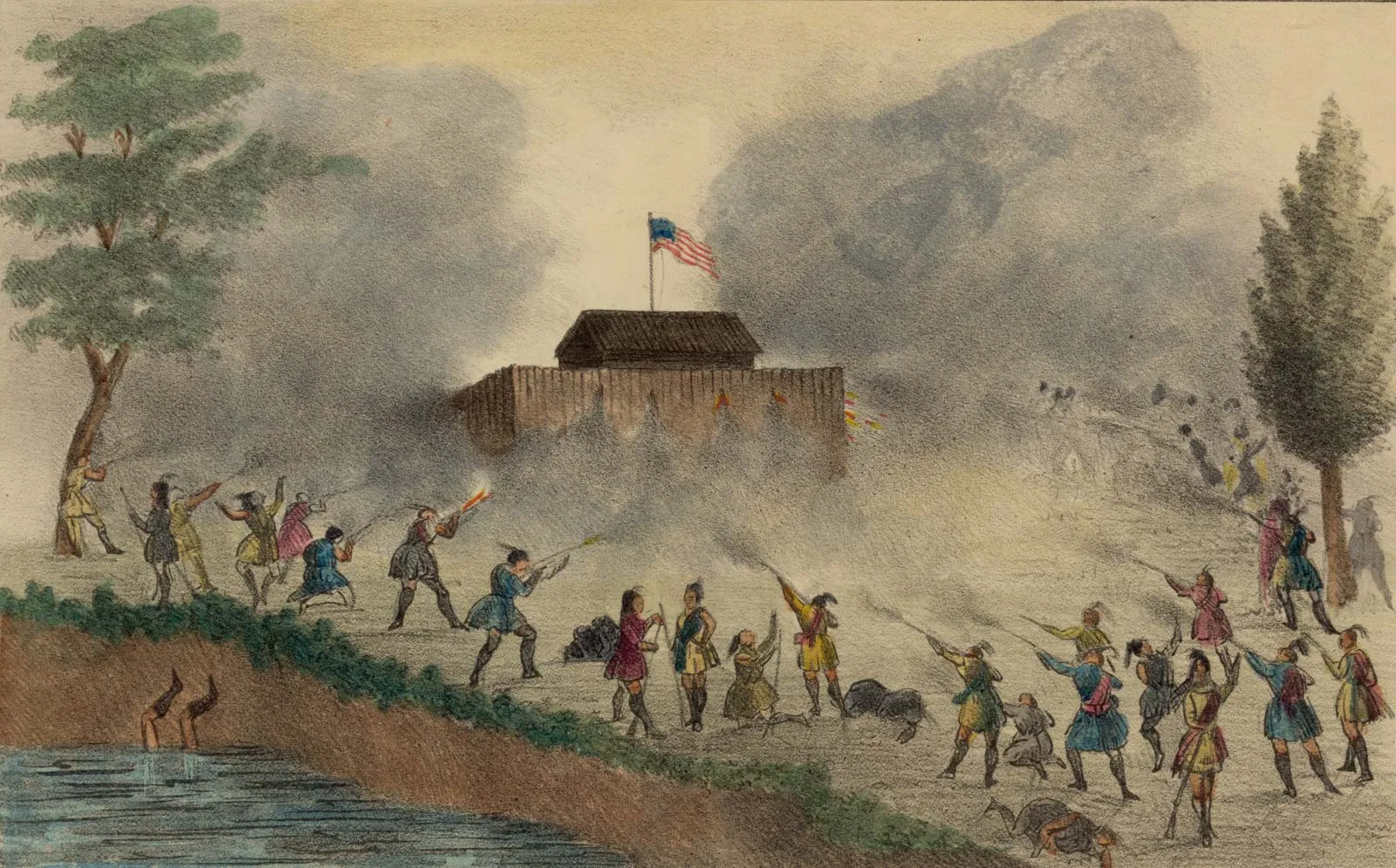Puerto Rico has been a possession of the United States for more than a century. Statehood will doubtless be the final outcome, but it can be frustrating to think about how long we have worked for statehood. Still, 32 territories have already become states and every one of them had obstacles to overcome before their admission. One of the obstacles that came up occasionally might be surprising: wars.
Florida’s Seminole Wars
Florida was ceded by Spain to the United States, just like Puerto Rico. There was one big difference, though. The treaty for Florida specifically said that Florida would become a state. With that assurance, Florida started working for statehood almost as soon as they became a territory.
It wasn’t an easy road, though. For one thing, Florida had three distinct parts: East Florida, Middle Florida, and West Florida. At various times, each of these parts of the state wanted to separate from the other parts.
West Florida considered becoming part of Alabama. Middle Florida was the most propsperous part of the territory, with plantation that relied on slavery for their wealth. East Florida was embroiled in the Seminole Wars, battles that grew out of historical conflicts between native Seminoles and European colonists. When the United States took possession of Florida, the government tried to persuade the Seminole people to leave, but many were unwilling to give up their traditional someplace for the convenience of the new settlers.
Florida’s delegate to Congress suggested a number of different solutions, including admitting part of Florida as a state and leaving the embattled part of the territory as it was.
Texas and potential war with Mexico
Texas belonged to Spain and then, after Mexico gained independence from Spain, it belonged to Mexico. Both Spain and Mexico encouraged Americans to settle in Texas when they owned it, but conflict arose between the Mexican and the American settlers. In 1836, Texas declared independence from Mexico. As the Republic of Texas, they were successful in defeating Mexico and establishing their independence.
However, a referendum showed that what Texans really wanted was statehood. Independence was the Plan B if they could not gain admission into the United States. The majority definitely did not want to be part of Mexico any longer. Mexico was not ready to let go of Texas, though.
The United States was concerned about the possibility of war with Mexico if Texas became a state. Congress was concerned about a lot of things when it came to Texas, including their debt, whether they would have to become a territory before they could become a state, whether an independent nation even could become a state, and whether Texas would — if it became a state — be a slave state. But the possibility of going to war with Mexico was a big obstacle. Texas was admitted by a majority of just two votes.
The Toledo War
Ohio and Michigan both wanted statehood, but they couldn’t agree on the boundary between their two territories. They couldn’t become states until the boundary dispute was settled, and neither territory wanted to give in. So began the “Toledo War.”
Each territory mustered its militia along its side of the Maumee River. Ohio voted itself a $300,000 military budget and Michigan responded by voting itself a $315,000 budget. Michigan arrested some of Ohio’s surveyors and Ohio arrested some of Michigan’s, firing guns over their heads. A man from Ohio stabbed a sheriff from Michigan. The sheriff recovered, and that was the only casualty of the war.
A compromise was reached and both territories became states after years of conflict over their border. Today, they are football rivals.
The bottom line
The obstacles to statehood for Puerto Rico — the “commonwealth” fantasy, fears of losing an Olympic team or Miss Universe pageant, and Republican prejudice against what they imagine would be a blue state — are minor compared with the obstacles some of today’s states faced as territories.
The House of Representatives has already passed a bill to end the colonial relationship between Puerto Rico and the United States. With a new Congress, the process must begin again, but sovereignty for Puerto Rico as a nation or more likely as a state is inevitable. If you live in a state, please reach out to your representatives and make sure they understand the importance ending the colony.








No responses yet